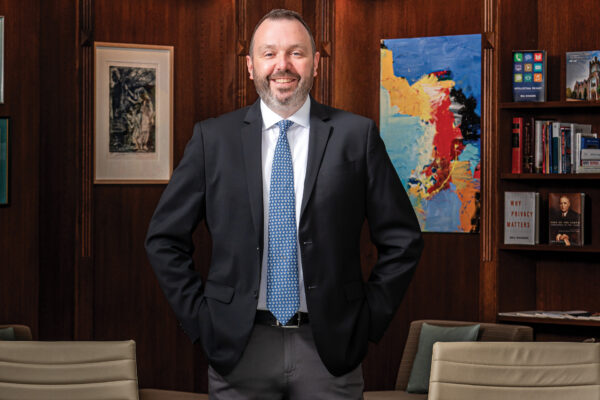We live in a world often influenced by accident rather than design. As detailed in my latest book, The Random Factor: How Chance and Luck Profoundly Shape Our Lives and the World Around Us (April 2024), the ways in which our lives unfold are frequently shaped by chance events. A happenstance encounter, a missed subway connection, a last-minute cancellation, a serendipitous discovery — all of these and more can profoundly affect how our lives turn out. So, too, with the world around us. From the random mutations that drive natural selection to the vagaries of the weather, randomness is a key element underlying process and change.
As another year comes to a close, what lessons might be learned through a greater appreciation of chance and luck? Although there are many, three in particular stand out.
First, an awareness of chance in the world around us helps foster a heightened sense of gratitude. The recognition of randomness in our lives ensures that we don’t take the good things in life for granted, while also enabling us to better understand the precarious nature of good fortune.
Consider the fact that we were born in the first place. Our parents had to find each other among millions of people, their parents had to find each other, and so on through the generations. The odds of our existence are one in a zillion. The result is that we should be incredibly grateful for the time we have been given and make the most of it.
Second, recognizing the importance of chance helps kindle a greater sense of humility regarding our accomplishments. While there is no denying that hard work and skills are important in life’s journey, there is also no denying that luck and chance may be every bit as important in helping to shape the course of our lives and our achievements. This understanding splashes a bit of cold water on the belief that we live in a world of strict meritocracy, where we deserve all that comes our way.
Finally, by recognizing the ubiquitous reach of the random factor, we are in a much better position to empathize with the misfortunes of others. The familiar phrase “There but for the grace of God go I” captures this spirit. Because bad breaks can strike anyone at any time, it allows us to imagine ourselves in the position of the less fortunate. In doing so, it creates the possibility for more meaningful and caring connections with each other.
This awareness also has policy implications since it underlies the importance of social insurance. Strong social safety nets become essential because they provide protection from the bad luck of economic hardship that often strikes individuals at some point during their lives.
For the ancient Romans, the goddess of chance, Fortuna, would spin her wheel of fortune, causing some to rise and others to fall. Two thousand years later, she is still spinning her wheel. By better understanding the ways in which chance exerts itself, we can begin to make the most of our relationship with our random partner as we make our way across life’s journey.


